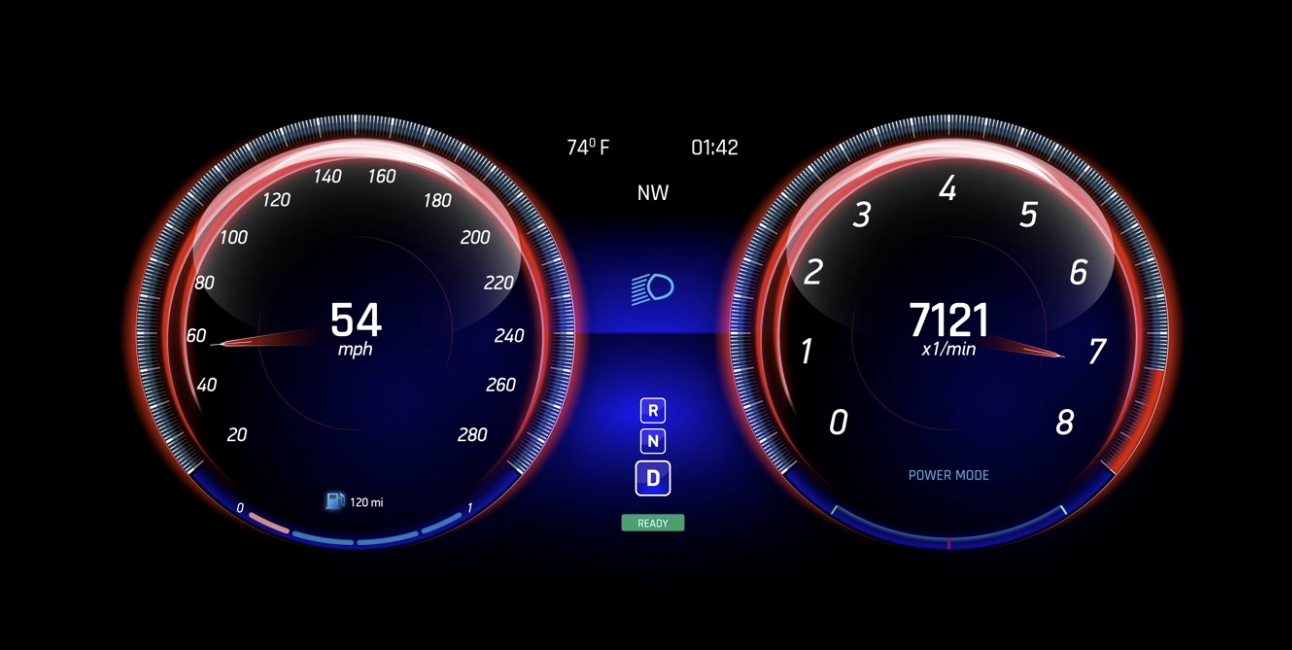Part 4 of Our 5-Part Series
In our continuing series on Finding the Right Marketing Agency, this month we cover an important topic: how to assess marketing campaign results. Dashboard Interactive Marketing focuses on results-driven digital marketing strategies. We believe that data informs marketing decisions, and we rely on data and experience to form our client recommendations.

Other agencies may take a different approach to assessing marketing campaign results. It is important for business owners to understand basic marketing metrics and why they are important so that they, too, can judge the results of their marketing campaigns.
Part I: Finding the Right Marketing Agency for Your Business
Part 2: Evaluating Marketing Agencies
Part 3: What to Expect When Working with a Marketing Agency
What Are Marketing Metrics?
Marketing metrics is defined as quantitative data used to measure marketing campaigns.
Quantitative data can come from many sources, depending on the type of marketing campaign:
- Website visitors
- Traffic sources
- Landing page visitors
- Time on site or page
- Bounce rate
- Click through
- Conversion (click to lead or sale)
- Sales
- Shopping cart abandonment rates
- Forms completions
- Calls
- Clicks on a link
- Downloads of a white paper, case study, or other content piece
- Video views
- Podcast listens
- Ad clicks
- Search engine ranking
- Number of inbound links to a site
- Social media followers
- Social media interactions (likes, clicks, shares)
- Email open rate
- Email click rate
- Traffic spikes
Depending on the type of campaign you are running, your marketing agency should establish benchmarks to key performance indicators (KPIs) which form the baseline to which each month’s campaign metrics are compared.
Let’s say you own a bakery in a small town in the Midwest. You wish to run local search campaigns online to increase custom cake orders – cakes for weddings, birthdays, special events. Your marketing agency suggests running several campaigns: a local Google search campaign with paid advertising, a social media blitz for organic traffic, and social media ads based on local geographic targets. They may suggest running print advertisements in the local newspaper and regional magazine. Additionally, they may suggest some public relations outreach: gaining interviews for the bakery owner and pastry chef, an article in the regional magazine with photos of spectacular cakes, and so on.
How should such a campaign be measured? The bakery owners, of course, want to see cake sales increase. But cake sales could increase due to any number of factors, including word of mouth and seasonal purchase habits.
The key to measuring the success of the specific marketing actions undertaken on behalf of the bakery is to:
- Establish the current sales level (set the baseline measurement)
- Measure activities and sales from the data the campaigns launch
- Measure specific data from the campaign, such as click through rates on ads and social media campaigns
- Track leads through phone orders, online orders, and even foot traffic into the bakery itself
Work with Your Agency to Establish Marketing Metrics
It’s important to work with your marketing agency to establish marketing metrics and track the results of campaigns. For example, as a certified Google Partner, Dashboard can set up key conversion metrics in Google Analytics 4 (GA4), call tracking on digital ad campaigns to accurately determine how many phone calls are coming from digital ads and other items. It’s that kind of attention to quantitative results that helps you as the business owner understand how your marketing budget was spent to generate sales and profits.
Allow Enough Time for Results
One thing to keep in mind: you must allow enough time (and budget) for a marketing campaign to generate measurable results.
Often, small businesses are anxious to generate immediate sales. However, only some marketing tactics can generate sales quickly. Others are long-term investments to build your business’ brand and visibility and support increased revenues overall.
Marketing campaigns often fail because business owners stop them before they’ve had a chance to gain a toehold in the marketplace. It used to be said, many years ago, that consumers had to see an ad three times for it to be remembered. Today, with the proliferation of media and advertising in every aspect of life, that number has ballooned to seven (if not more) times an ad needs to be viewed to be remembered. Sufficient time must elapse for a campaign to gain traction and generate results.
Keep Communication Lines Open with Your Agency
It is vital that you communicate your goals and objectives to the marketing agency from the start of your interaction with them. Don’t leave it to chance or guesswork or assume that the agency understands your business needs. You’re involved in the day-to-day management of your business.
Your agency serves as a valuable consultant and partner but can only do so when they have all the information, including your business goals and needs. Clear, open, and honest communication between agency and client around marketing goals, objectives, and expectations is essential to a successful marketing campaign.
Ready to Get Started with a Digital Marketing Agency?
We hope that this series on working with a digital marketing agency has been helpful to you. If you would like to discuss your businesses’ marketing needs with us, please call Dashboard Interactive Marketing at 763-242-2454.

